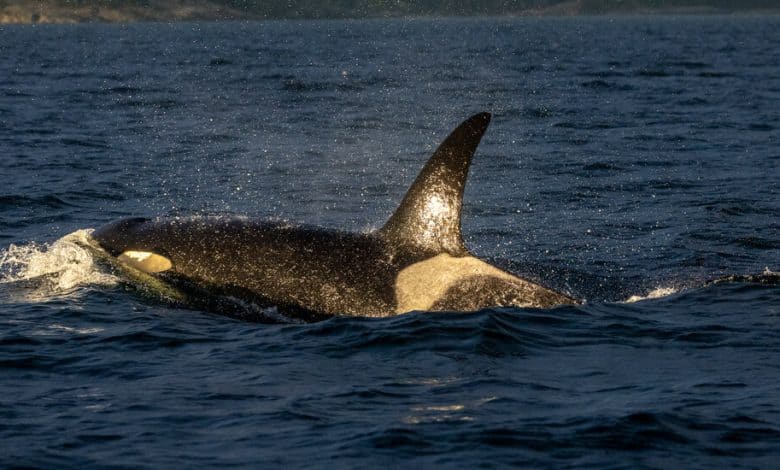Why Do Whales Go Through Menopause?

Menopause is all too familiar to women, but in other species it’s remarkably rare. Last year, scientists reported that females in a single population of chimpanzees live long past their reproductive years. But aside from chimps and humans, researchers have found clear evidence of menopause in only five species — all of them whales.
Scientists have long debated why menopause evolved. Perhaps it provided an evolutionary edge to females, or maybe it was a side effect of some other beneficial feature of their lives.
In a new study looking at the biology of the five whale species, researchers argued that menopause gave the animals an evolutionary advantage. For example, it could have prevented older females from being pregnant at the same time as their daughters, avoiding resource conflicts that would hurt both of their offspring.
Samuel Ellis, a biologist at the University of Exeter who led the study, published in Nature, said that whales may have evolved menopause for the same reasons that humans did.
“Perhaps this is such an unusual strategy that there’s only one way to get there,” Dr. Ellis said.
In the vast majority of species, females keep producing eggs throughout their lives. That pattern makes sense in terms of natural selection. The more offspring that a female can successfully raise throughout her life, the more copies of her genes get passed down to future generations. Even long-lived females typically fit this pattern: Female elephants, for example, stay fertile into their 60s.
Five whale species — killer whales, false killer whales, beluga whales, short-finned pilot whales and narwhals — don’t fit that pattern. Female killer whales, for example, generally breed only until about age 40, but can survive into their 90s.